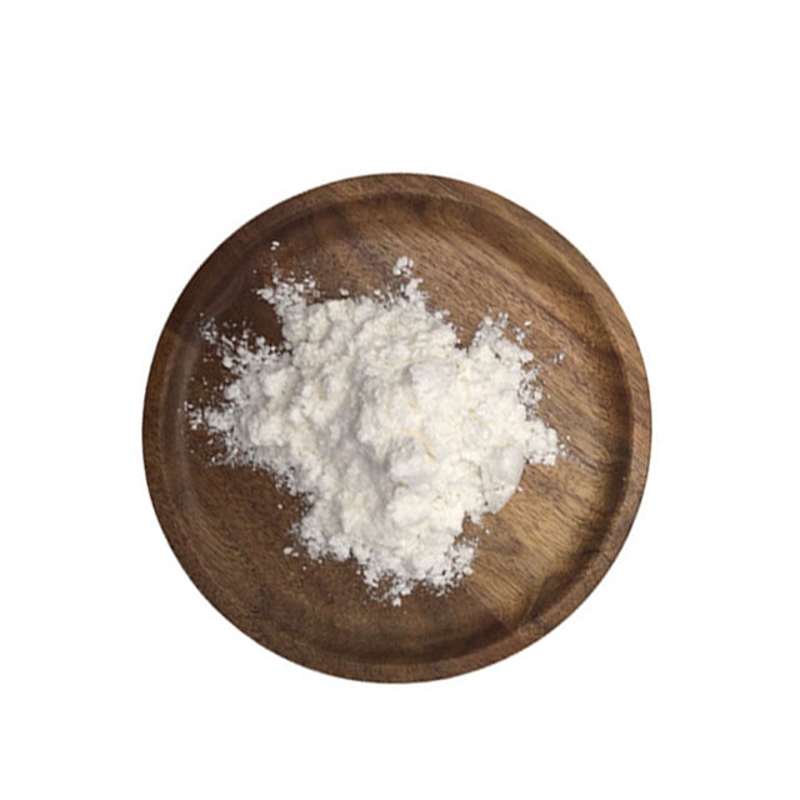-
Categories
-
Pharmaceutical Intermediates
-
Active Pharmaceutical Ingredients
-
Food Additives
- Industrial Coatings
- Agrochemicals
- Dyes and Pigments
- Surfactant
- Flavors and Fragrances
- Chemical Reagents
- Catalyst and Auxiliary
- Natural Products
- Inorganic Chemistry
-
Organic Chemistry
-
Biochemical Engineering
- Analytical Chemistry
- Cosmetic Ingredient
-
Pharmaceutical Intermediates
Promotion
ECHEMI Mall
Wholesale
Weekly Price
Exhibition
News
-
Trade Service
Transaminases are a class of enzymes that catalyze the transfer of amino groups between amino acids and keto acid.
ALT catalyzes the transamination between glutamate and pyruvate, and AST catalyzes the transamination between glutamate and oxaloacetat.
AST has the greatest activity in the heart, followed by the liver; ALT has the greatest activity in the live.
Determination of transaminase activity in blood can be used as a diagnostic indicator in clinical practic.
Elevated transaminases do not necessarily mean liver damage!
When the liver cells are damaged by inflammation, necrosis, poisoning, et.
1% liver cell damage can double the concentration of ALT in the bloo.
Therefore, ALT levels can be more sensitively monitored for liver damag.
High transaminases are not necessarily all hepatiti.
There are 7 reasons for elevated transaminases!
Diseases of the liver itself: especially various types of viral hepatitis, cirrhosis, liver abscess, liver tuberculosis, liver cancer, fatty liver, hepatolenticular degeneration, et.
Diseases of other organs: In addition to the liver, other organs and tissues in the body also contain this enzym.
Bile duct and pancreas disease: Because transaminase is excreted from the bile duct, if there is bile duct, gallbladder and pancreas disease, bile duct obstruction can also increase transaminas.
Drug-induced or toxic liver damage: Drug allergy can cause elevated transaminases, often accompanied by cholestatic jaundice and hepatocellular damag.
Pregnancy: normal pregnancy, pregnancy toxicity, acute fatty liver of pregnancy, et.
Bad living habits: long-term alcoholism leads to alcoholic liver, or unreasonable diet structure leads to fatty liver, resulting in elevated transaminase.
Other conditions: Transaminase levels in healthy individuals may also temporarily exceed normal range.







